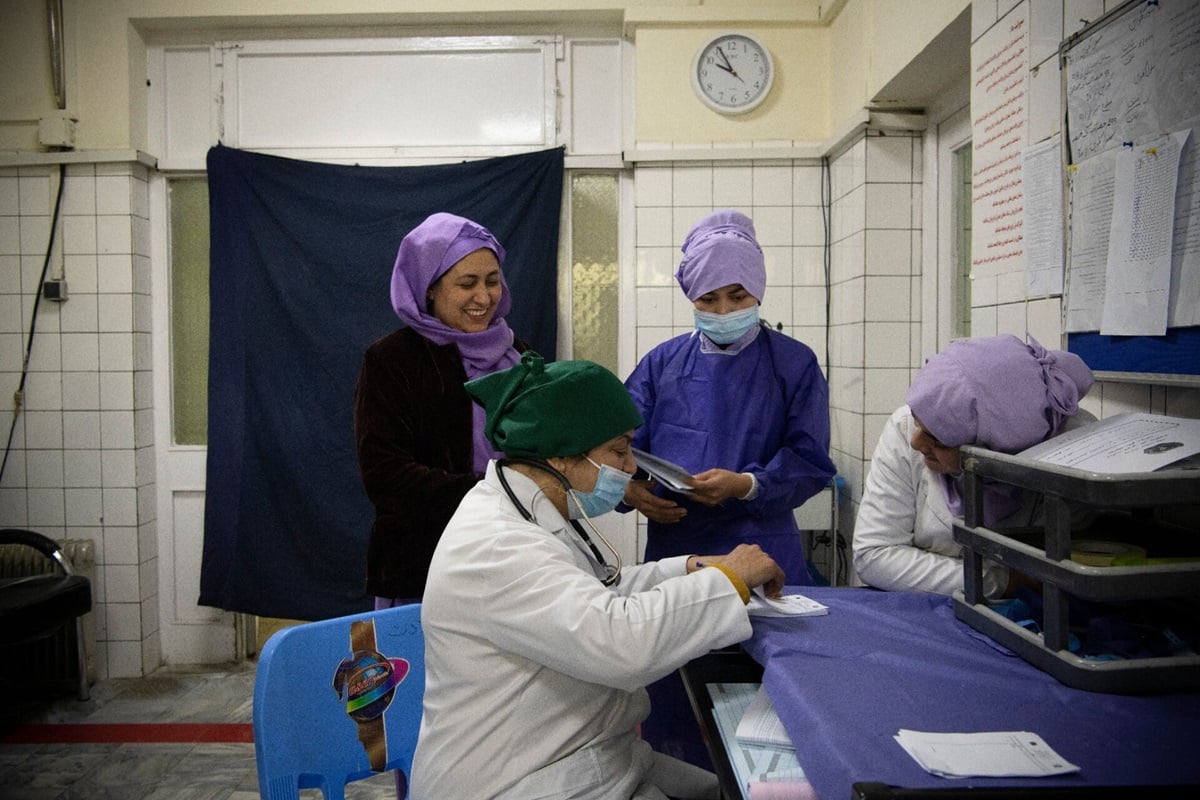The new acting director of the U.S. Centers for Disease Control and Prevention has announced changes to the recommended vaccination schedule for adults against COVID-19 and for kids against chickenpox.
The changes were expected and were already previewed by recommendations made two weeks ago by the CDC’s powerful Advisory Committee on Immunization Practices. All members of the committee were recently replaced after Health and Human Services Secretary Robert F. Kennedy Jr. fired everyone on the previous panel earlier this year.
The CDC’s changes have been criticized by mainstream medical groups.
The CDC is now recommending that children under the age of 4 no longer get a combination vaccine that protects against four diseases: the chickenpox (also known as varicella), measles, mumps and rubella. Instead, the CDC now recommends two separate shots, one just against chickenpox, and the other that protects against measles, mumps and rubella.
The CDC has also now officially lifted its recommendation that adults under age 65 get the updated COVID-19 vaccine. The CDC now says the decision on whether an adult under age 65 gets a COVID-19 vaccine should be based on “individual-based decision-making” in consultation with health professionals like a physician, nurse or pharmacist.
This matches a change in recommendations made to the childhood vaccination schedule earlier this year.
The announcement was made by acting CDC director Jim O’Neill, a top deputy to Kennedy, a vaccine skeptic. O’Neill replaced Susan Monarez, who was fired as CDC director after 29 days on the job. Monarez said she was terminated after she pushed back against an effort by her bosses to undermine vaccines; Kennedy said she was fired because she said she was not trustworthy.
O’Neill has no training in medicine or healthcare and holds bachelor’s and master’s degrees in humanities, according to the Associated Press, and is a former investor who has been a critic of health regulations. He has previously worked at the Department of Health and Human Services, serving six years under President George W. Bush.
O’Neill’s announcement said that the changes will still allow for immunization coverage to continue through programs including the Vaccines for Children program, Children’s Health Insurance Program, Medicare and Medicaid.
The American Academy for Pediatrics in late September criticized the change, which removed the option for toddlers to get a single shot that can protect against chickenpox, measles, mumps and rubella.
The acting CDC director’s statement, issued by the press office of the Department of Health and Human Services, raised concerns about an increased risk of febrile seizure caused by fever after getting the combined chickenpox, measles, mumps and rubella vaccine (known as MMRV) versus those given the chickenpox vaccine separately.
The American Academy of Pediatrics said that in a meeting last month, some of the CDC’s new vaccine advisors “at times…misrepresented data and used talking points common among anti-vaccine groups. Some seemed unfamiliar with febrile seizures. They also disregarded CDC assurances that febrile seizures after MMRV are rare and do not have long-term impacts.”
The American Academy of Family Physicians recommends that all adults get the updated COVID-19 vaccine, especially those with risk conditions and people who have never gotten a COVID-19 vaccine.
The California Department of Public Health has slightly different guidelines. The agency recommends that adults younger than 65 with risk factors get the COVID-19 vaccine, as well as all adults who are in close contact with others with risk factors, and everyone who chooses to get vaccinated. The agency also recommends that all seniors get vaccinated against COVID-19.
Source link

